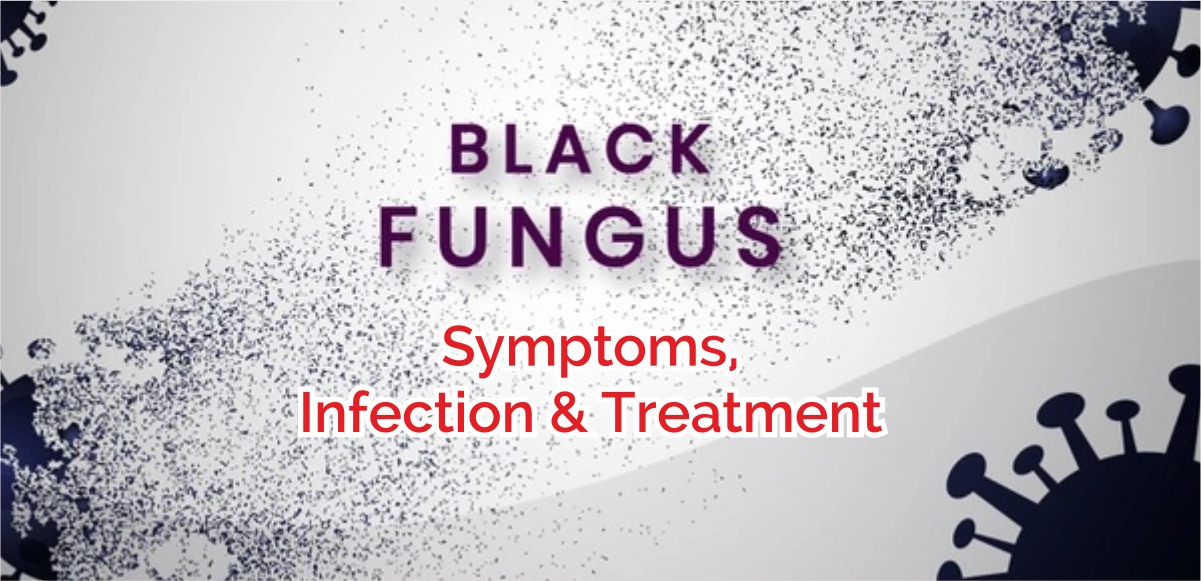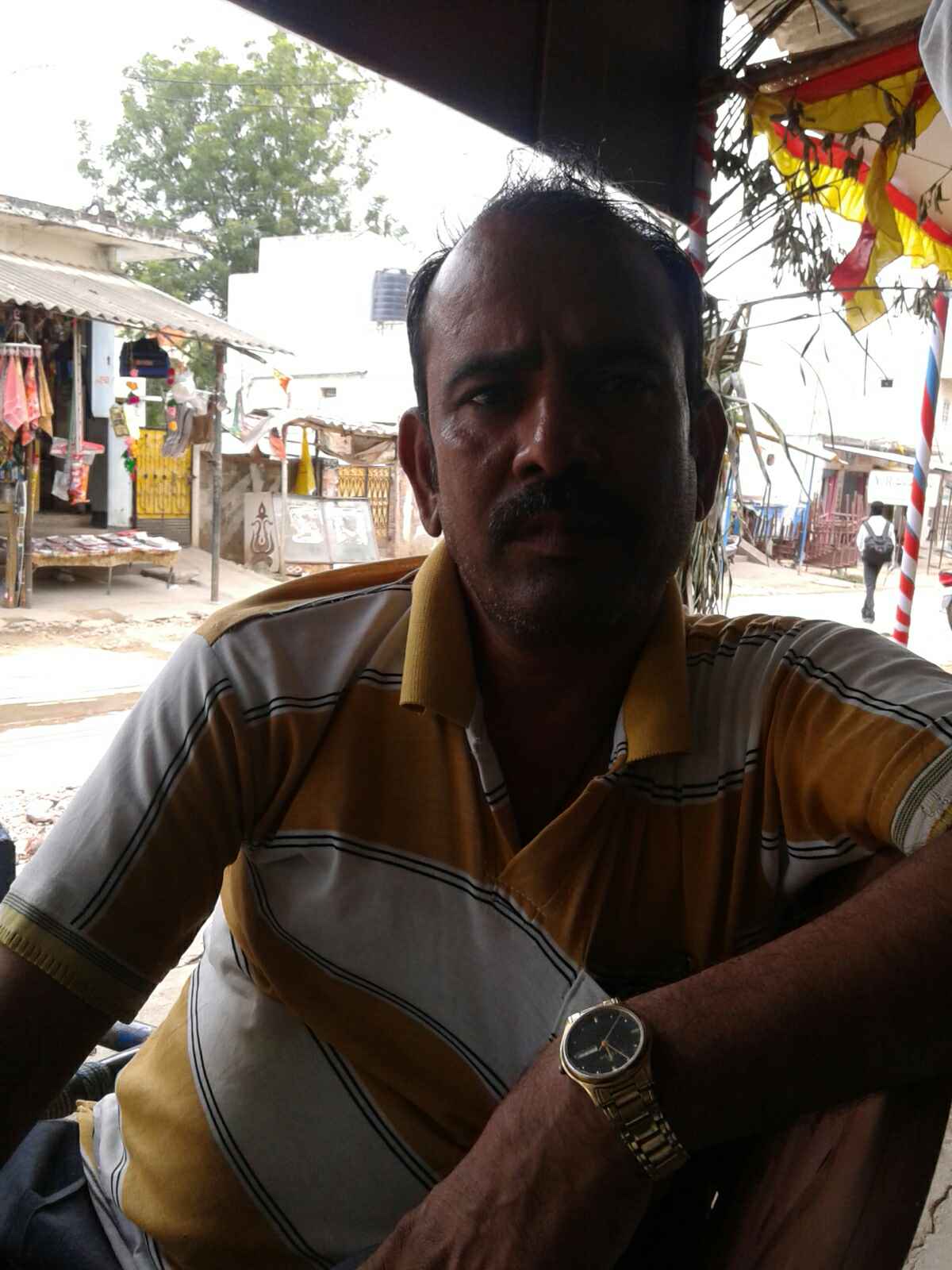

The second wave of the novel coronavirus has hit India harder than most other countries in the world. Amidst these turbulent times, the post Covid recovery complications are also on the rise. One such complication being observed in Covid patients is the condition called “Black Fungus,” which is academically known as Mucormycosis. It is a rather rare infection seeing an upsurge in cases in many states across the nation.
Here are some questions to help you gain more knowledge about Black Fungus symptoms, infection and treatment.
What is Black Fungus?
Black Fungus or Mucormycosis is a serious but rare health complication caused as a result of fungal infection. This condition is caused by a group of molds called mucormycetes. This group of molds is very commonly found in the fungal spores present in the environment.
People usually catch the Black Fungus infection by coming in contact with these fungal spores. The fungus can also enter the skin through some burn, cut, scrape or any other kind of skin trauma.
What is the connection between Covid and Black Fungus ?
When the body is healthy and running its normal course, it can easily ward off fungal infections caused by microorganisms like mucormycetes. A healthy immune system is all that is needed to avoid any serious cases of fungal infections.
However, when the body is already affected by Covid - a disease that primarily adversely affects the immune system of the body - the body becomes too weak to fight against serious fungal infections like Mucormycosis. In addition to the naturally weakened immune system, many patients are also treated with medicines that suppress the immune system response of the body. Under such circumstances, the risk of catching serious fungal infections increases.
Are all Covid patients equally vulnerable ?
Not necessarily. The cases of Black Fungus are uncommon in those Covid patients who do not have diabetes. Although, it is best to consult a doctor even after fully recovering from Covid to keep an eye out for any warning signs of black fungus symptoms.
According to the Indian Council of Medical Research (ICMR), there are some conditions in Covid-19 patients that make the patient more vulnerable to the Black Fungus infection. These include-
- Patients who have uncontrolled diabetes
- Patients whose immune systems have been weakened by the use of steroids
- Patients who have comorbidities like cancer, post organ transplant, etc.
- Patients who have had a prolonged stay in the ICU
Black Fungus Symptoms
An early detection of this fungal infection can help in preventing the health conditions from deteriorating any further. Some of these warning signs that should be looked out for are mentioned below.
- An appearance of black discolouration over the bridge of the nose
- Redness around the eyes
- A running nose, nasal blockage
- Bloody or blackish nasal discharge
- Experiencing sudden loosening of teeth
- Skin lesion
- Chest pain and difficulties in breathing
- Altered mental status
- Bloody vomits
Medical experts say that not all cases of having a running nose or some sort of nasal congestion are symptoms of Mucormycosis. However, the patient should immediately consult a doctor in case any of these symptoms appear.
Infection and treatment should go hand in hand right from the initial phase of the occurrence of these symptoms. This can avoid incidences of having serious ill effects on the health of the patient, and in some cases even loss of life.
Black Fungus Infection and Treatment
The infection just begins as a skin infection but ends up spreading in other parts of the body as well. The treatment can be varied for varied cases of the fungal infection. 4-6 weeks of intravenous anti-fungal therapy can be involved in some cases.
Sometimes, surgery is also required. The surgery involves surgically removing all dead and infected tissue from the patient’s body. The surgery can often end up resulting in the loss of the upper jaw or an eye.
The infection damages multiple parts of the body so the treatment requires not just one medical professional but the joint efforts of microbiologists, dentists, surgeons, ENT specialists, internal medicine specialists and intensivist neurologists.
What are the precautions ?
Black fungus is a non communicable disease, unlike Covid-19. These are the set of precautions that have been laid out to prevent Covid-19 patients from suffering from this serious and rare fungal infection.
- First and foremost is to control diabetes
- Wearing a mask without fail whenever stepping out of the house, especially near construction sites
- Avoid taking medication at your own discretion
- Minimise the use of steroids
- Take appropriate doses of the medicines suggested by the doctor and only for the prescribed number of days
- Be very careful while using drugs like Itolizumab, Tocilizumob and other such drugs that suppress the immune system
- Discontinue immunomodulating drugs after consulting your doctor
- For patients undergoing oxygen therapy, water in the humidifier should be clean and regularly refilled
- Patients should continue to maintain proper hygiene
- Patients should regularly follow up with an ENT specialist
Prevention is definitely better than cure, especially when it comes to a serious fungal infection like Black Fungus. It is best to avoid moving out of your homes until absolutely necessary.
Conclusion
India is recording many severe cases of Black Fungus infection in many Covid-19 patients over the past few months. Some are being cured in time because of an early detection of the infection, but some cases are also proving to be deadlier than others and are even resulting in the loss of life.
The appearance of any symptom should prompt you to consult a doctor without any delay. Time is of essence when dealing with such a deadly infection.
The fight against Covid and the Post covid recovery complications is still going on. Catching the Black Fungus infection, and treatment after diagnosis can be very daunting and draining for the patient and their family. It is therefore advised by all medical professionals to not take the infection lightly and always keep your guard up. Taking all necessary precautions can go a long way.
